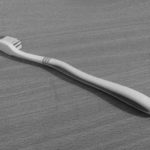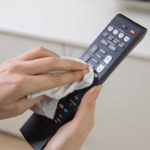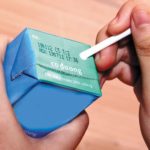Soap is a household staple due to its convenience and disinfecting properties. Many people also tend to buy soap in bulk and store it at home for future use. However, this can lead to a situation where the soap expires before it is completely used, and continued use of expired soap can potentially harm the health of your family members.
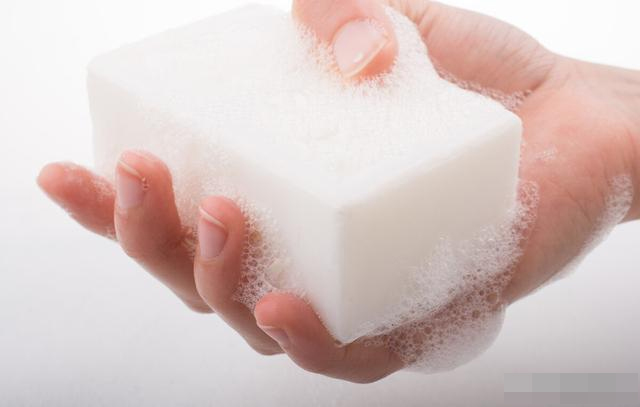
Soap has a limited shelf life, and using expired soap can be harmful
A bar of soap can retain its shape for years, but that doesn’t mean it has a long shelf life. Meanwhile, due to frequent use and buying habits, soap is often purchased in multiples, with different varieties stocked up for alternate use.
Even when buying soap, consumers usually only check the expiration date on the first bar and randomly pick additional bars of the same type, assuming they have the same expiration date. However, these additional bars may have a shorter shelf life than the first one.
Upon returning home, consumers tend to store the soap together and use it over time. Some people even discard the packaging immediately, making it challenging to check the expiration date later on. This can lead to a situation where expired soap is unknowingly used.
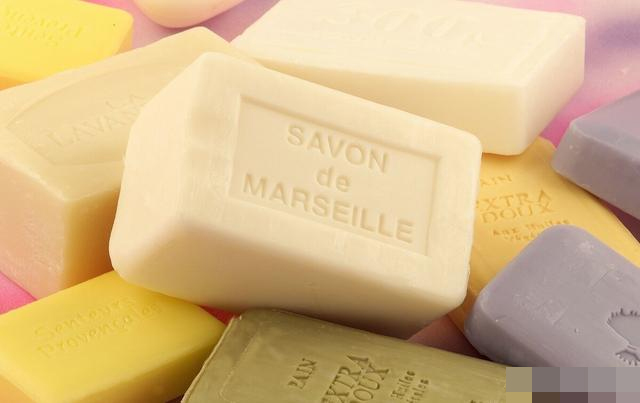
Furthermore, some people believe that since soap is only used externally, it is not a big deal if it is slightly past its expiration date. However, expired soap can become a breeding ground for disease-causing bacteria, leading to skin irritation, infections, pimples, and itching. Especially for children with sensitive skin, it is challenging to predict how their skin will react to using expired soap.
For the safety of your family, it is best to discard soap immediately after its expiration date. If you have thrown away the packaging with the expiration date, observe the soap closely. If it feels softer than usual or has changed color, it is no longer safe to use and should be discarded immediately.
Tips to remember the expiration date and how to use soap reasonably
To avoid using expired soap unknowingly, you can cut out the expiration date from the soap’s packaging and stick it on the bathroom door or any other convenient location for easy reference. Alternatively, you can proactively note the expiration date in your calendar or phone with a reminder alert.

It’s important to keep in mind that if expired soap is stored together with other soaps, it can “contaminate” the entire stock, even those with longer expiration dates. In such cases, it becomes challenging to identify which soaps are still safe to use and which ones have expired. Therefore, if you buy soap in bulk, it’s crucial to use them in the order of their expiration dates. Soaps with shorter shelf lives or those nearing their expiration dates should be used first to avoid wastefulness.
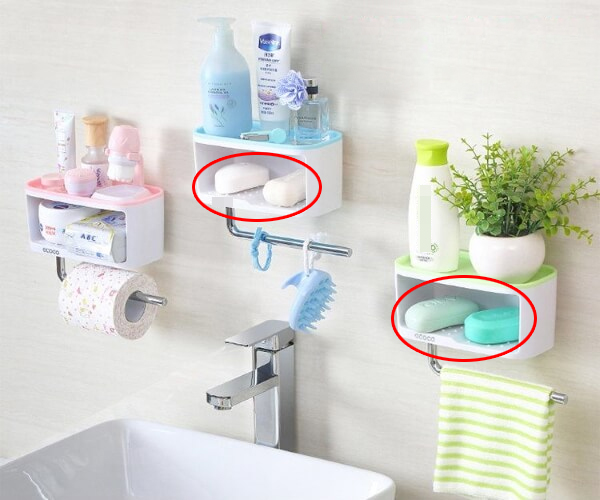
If you have a large quantity of soap at home, take some time to organize them with the soaps that need to be used first at the top. It’s also advisable to use one type of soap at a time to easily keep track of their expiration dates and usage.
By V.K – Vietnamnet.vn
8 Common Mistakes People Make with Cutting Boards
Are you using your cutting board correctly? Many Vietnamese households rely on cutting boards in their kitchen, but not everyone knows how to use them properly, especially when it comes to wooden cutting boards. Check out these 8 mistakes to avoid when using a cutting board to ensure both hygiene and safety for everyone in your family.
Recognizing Spoilage and Best Practices for Storing Milk
Dien May XANH is advocating for the careful storage of milk to ensure people consume the nutrition-rich beverage that is safe and healthy. Milk, a source of vitamins and minerals essential to our bodies’ functioning, can become tainted if not properly handled, causing painful, and in some cases, severe gastrointestinal distress.
























